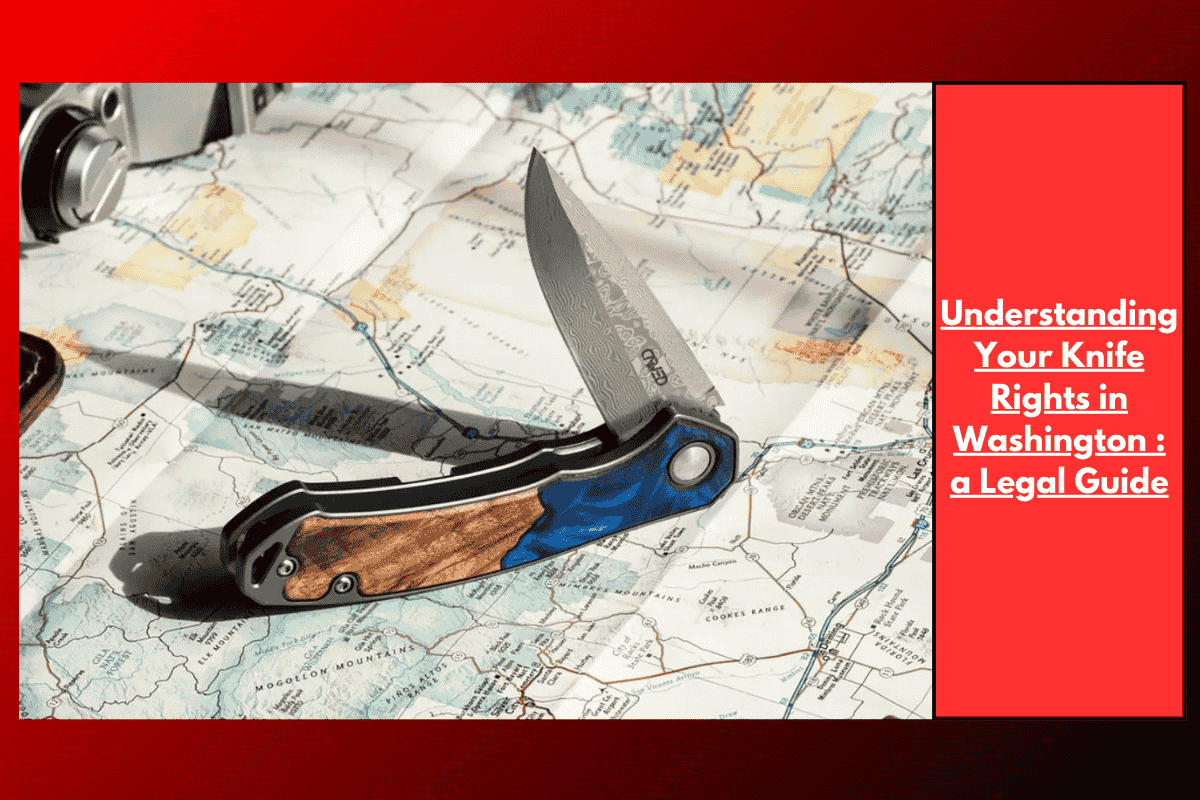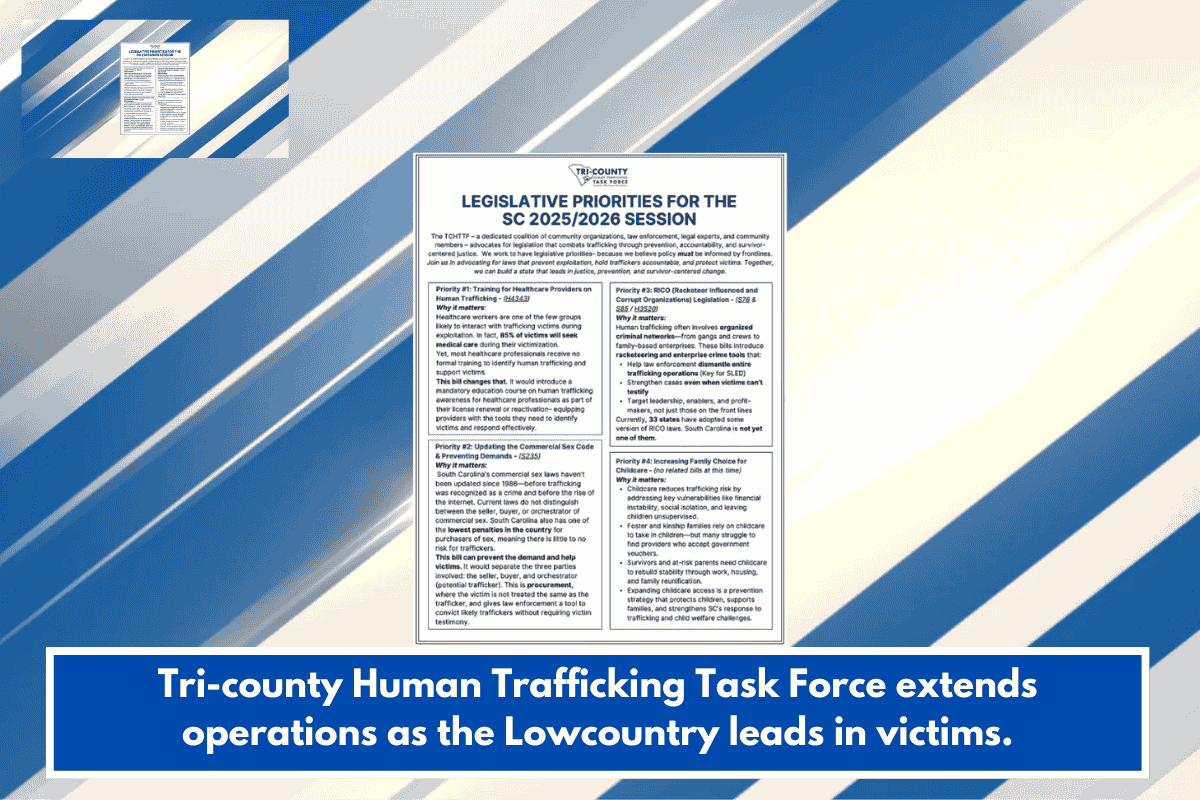Knives are practical tools that many people use daily, whether for work, recreation, or self-defense. However, in Washington State, as in many other places, there are specific laws governing the ownership, carrying, and use of knives. Understanding these laws is important to ensure you stay within legal boundaries. This guide will provide a comprehensive overview of your knife rights in Washington, from what knives are legal to carry to where and how you can carry them.
What Are the Knife Laws in Washington State?
Washington state allows individuals to own and carry knives, but with certain restrictions. The legal status of a knife often depends on the type, how it’s carried, and where it’s being carried. Washington’s laws are generally focused on preventing the carrying of knives that could be considered dangerous or used as weapons inappropriately.
Legal Knives in Washington
There are several types of knives that are legal to own and carry in Washington, although the specifics of where and how you carry them can vary. Some common legal knives include:
Folding knives: These are generally legal to carry, as they are compact and can be easily stored in a pocket or bag. These knives can be carried either openly or concealed.
Fixed-blade knives: These are typically legal to carry, but they are subject to more restrictions than folding knives. You may not be able to carry a fixed-blade knife concealed, and the length of the blade can be a factor in determining legality.
Pocket knives: Like folding knives, pocket knives are generally legal to carry in Washington. However, if the blade is longer than 3.5 inches, it may be subject to more restrictions regarding where and how it is carried.
Illegal Knives in Washington
Certain types of knives are illegal to carry in Washington, whether concealed or openly. These include:
Switchblades (automatic knives): These knives are equipped with a mechanism that allows them to open automatically with the push of a button. Washington law prohibits the possession, sale, or carry of switchblades.
Balisongs (butterfly knives): This type of knife is also prohibited in Washington. The distinctive design of a balisong makes it easy to conceal, but it is considered illegal to carry under state law.
Double-edged knives: While double-edged knives are not illegal by definition, carrying them concealed or using them in certain situations could be seen as a violation of the law, particularly in public spaces.
Where Can You Legally Carry a Knife in Washington?
While knives are legal in Washington, where you can carry them is subject to certain restrictions. The key factor in determining whether carrying a knife is legal depends on where you are and the circumstances surrounding the carry.
Public spaces: In general, it is legal to carry knives in public spaces, but knives with blades longer than 3.5 inches may be restricted in certain locations. If the knife is carried concealed, this could lead to legal issues, especially if it is considered a weapon.
Schools and government buildings: It is illegal to carry knives in schools, government buildings, courthouses, or other areas where weapons are prohibited. Many public places with high-security standards also ban knives, regardless of their size.
Private property: Generally, you are allowed to carry knives on private property, but the property owner may impose restrictions. It’s important to respect the rules of private property, especially if you are entering a business or another private space.
Concealed Carry of Knives
The concealed carry of knives is subject to more strict laws than open carry. In Washington, it is generally illegal to carry a knife concealed, especially if the knife has a blade longer than 3.5 inches. Some knives may be concealed legally, such as small pocket knives, but if the knife is large or if it is not clearly a tool, it could be considered a weapon. Carrying a concealed knife without the proper permits could lead to serious legal consequences.
Knife Use in Self-Defense
Knives can be used in self-defense in Washington, but it’s important to remember that the use of any weapon, including knives, must be proportional to the threat. Washington follows the principle of reasonable force, meaning that using a knife in self-defense could be justified, but only if the force used is necessary to protect yourself.
It’s important to understand that using a knife in situations that are not directly related to self-defense could lead to criminal charges. For example, if a knife is used in an assault, you could face criminal penalties, including fines or imprisonment.
Penalties for Violating Knife Laws
Violating Washington’s knife laws can result in serious penalties. Some potential consequences include:
Fines: You may be fined if you are caught carrying a restricted knife, such as a switchblade or balisong, or if you violate concealed carry restrictions.
Criminal charges: Carrying certain knives, such as switchblades or double-edged knives, could lead to criminal charges. In some cases, these charges could be classified as misdemeanors or felonies, depending on the circumstances.
Possession of a knife in a crime: If you are caught using a knife in the commission of a crime, such as robbery or assault, the penalties will be more severe. You could face additional charges related to the criminal use of the knife.
How to Stay Legal
To stay within the law when carrying a knife in Washington, keep the following guidelines in mind:
Know your knife: Be familiar with the type of knife you are carrying. Understand whether it is a legal or restricted knife, and make sure it is within the allowable limits for size and concealment.
Keep it visible: If you’re carrying a knife in public, try to keep it visible or in a sheath. Avoid carrying large knives concealed, as this may draw unwanted attention and lead to legal issues.
Don’t use it as a weapon: Always use knives responsibly and for legal purposes. Carrying a knife for protection is fine, but using it inappropriately could lead to criminal charges.
Check local laws: Washington state laws are broad, but local cities and counties may have additional regulations on knives. Always check with local authorities to ensure that you’re following the law in your specific area.
Understanding your knife rights in Washington is crucial to ensuring that you don’t inadvertently violate the state’s laws. Knives are generally legal to own and carry, but certain restrictions apply based on the type of knife, how it’s carried, and where you are. By staying informed about Washington’s knife laws and following these guidelines, you can avoid legal trouble and ensure that your knife use is lawful and appropriate.
SOURCES
[1] https://lawfilesext.leg.wa.gov/biennium/2025-26/Pdf/Bill%20Reports/Senate/5534%20SBR%20LAW%20OC%2025.pdf
[2] https://www.akti.org/state-knife-laws/washington/
[3] https://worldpopulationreview.com/state-rankings/knife-laws-by-state
[4] https://www.billtrack50.com/billdetail/1806105
[5] https://www.reddit.com/r/knives/comments/1kbnvrh/sb_5534_automatic_or_spring_blade_knives_will_be/














